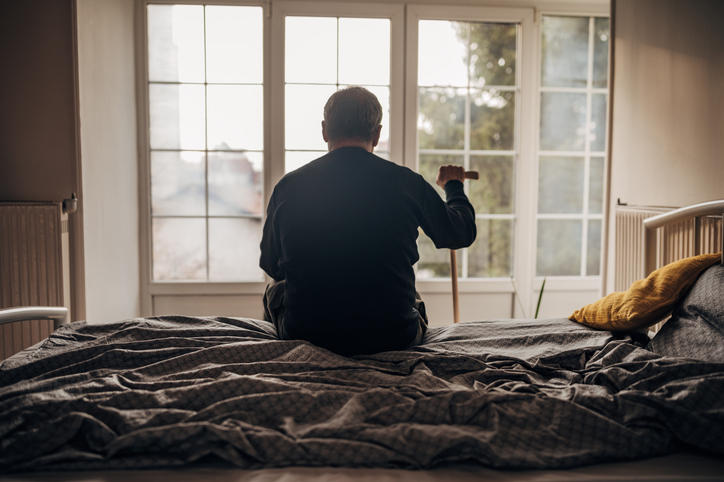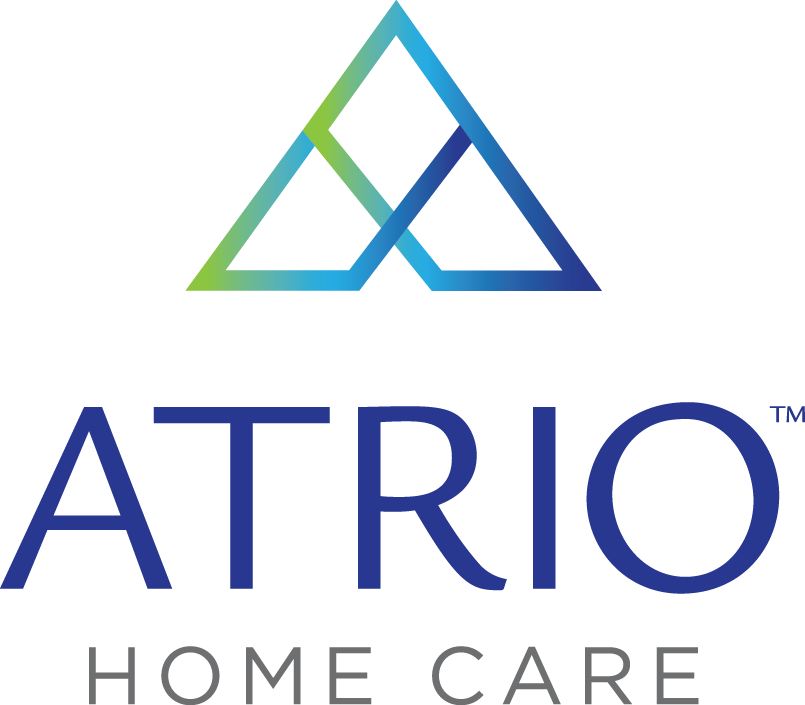
While there might be a perception that becoming empty nesters, retiring, and having time to spend as you wish brings about nothing but bliss, the reality is much different. The unique challenges that come with the aging process—changes in physical health, social dynamics, and lifestyle—contribute to a number of mental health issues for aging adults. So, how can we address mental health and provide strategies and support for combatting them?
Understanding Depression in Older Adults
Research indicates that 25% of those 65+ experience mental health challenges, with conditions such as depression and anxiety being particularly prevalent. Contributing factors include biological changes, chronic health conditions, or the loss of loved ones. Social isolation, boredom, and loneliness are also three of the most detrimental challenges that older adults face as they experience significant lifestyle changes. The stigma associated with mental health concerns often leads to underreporting and underdiagnosis in this demographic, making it crucial to recognize and address these issues proactively.
Recognizing the Signs and Symptoms
Some key behavioral changes to be aware of include:
Social Withdrawal: Older adults may withdraw from social activities, preferring isolation over social interaction. They may decline invitations to gatherings or events they previously enjoyed.
Decreased Interest in Hobbies: A noticeable decline in interest or participation in hobbies and activities that once brought joy. Older adults may lose enthusiasm for activities that used to be pleasurable.
Changes in Sleep Patterns: Depression can affect sleep, leading to either insomnia or increased sleep duration. Older individuals may experience difficulties falling asleep, staying asleep, or find themselves sleeping excessively.
Appetite Changes: Significant changes in appetite, including overeating or loss of appetite, may be observed. This can result in weight gain or weight loss over a short period.
Lack of Energy: Reduced energy levels and increased feelings of fatigue are common symptoms of seasonal depression. Older adults may express constant tiredness and find it challenging to engage in daily activities.
Irritability or Agitation: Mental health issues can manifest as increased irritability or restlessness. Older individuals may become easily agitated, even in situations that wouldn’t typically cause such reactions.
Difficulty Concentrating: Older adults may struggle with concentration and memory. Tasks that were once routine may become more challenging, leading to frustration.
Feelings of Hopelessness: Persistent feelings of sadness, hopelessness, or a general sense of despair can be indicative of a mental health issue. It’s important to note any changes in the emotional well-being of older individuals.
Physical Complaints: Unexplained physical complaints such as headaches, joint pain, or digestive issues may accompany depression in older adults. These symptoms may not have an apparent medical cause.
Neglect of Personal Care: Older adults may neglect personal hygiene and self-care. This can include not keeping up with grooming routines or failing to maintain their living environment.
Creating A Supportive Environment
Perhaps you’ve already noticed some combination of the above symptoms, or maybe you worry that you can’t always be there to recognize these changes. Whatever the case, Atrio Home Care can help implement coping strategies and combat social isolation. Establishing a routine and creating healthy habits to help with self-care, and engaging in physical activity are ways we can collaborate with family and healthcare providers to improve the quality of life for an aging adult. You can always reach out to us for help and support—find more information here.







